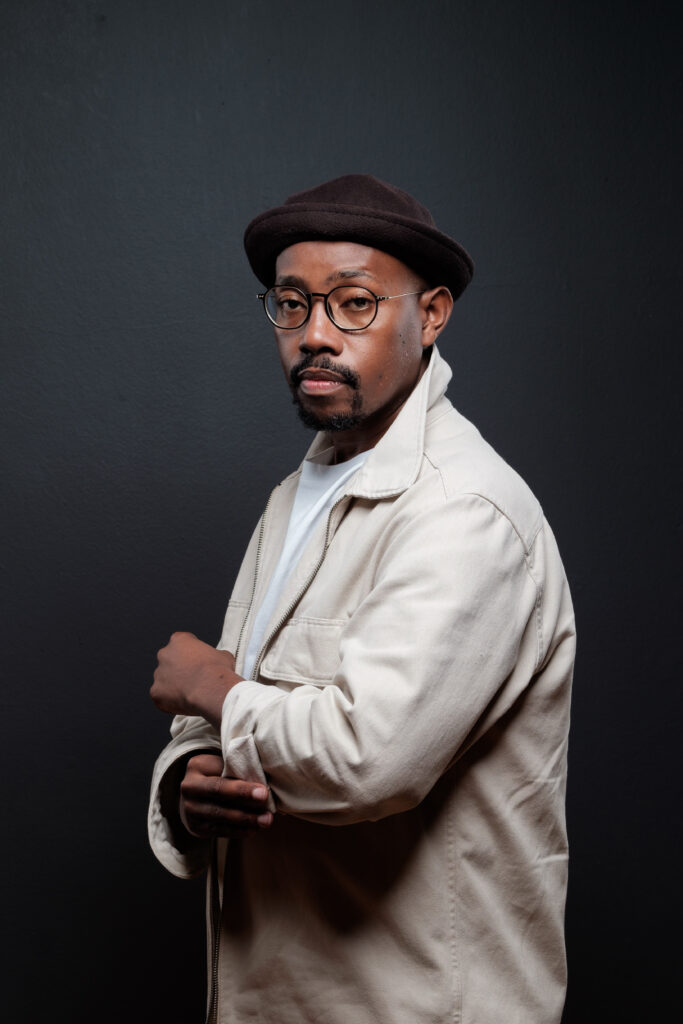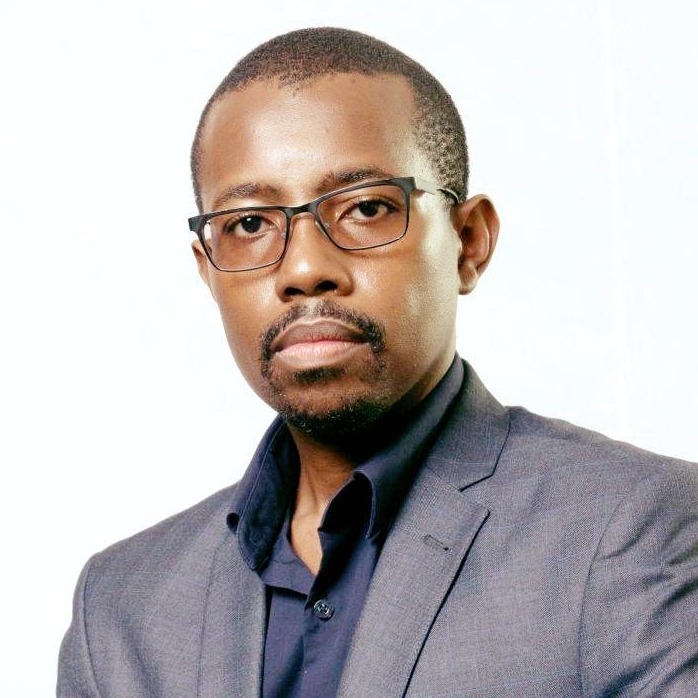
By Phesheya Mkhonta
INSIDE BIZ: Let’s start from the beginning, Mpheni, how did you get into the creative industry?
MPHENI THWALA: You know, I actually got into the industry by chance. While in high school I had a friend whose elder brother ran an advertising agency.
It so happened that one day we were hanging out at his brother’s place, as we often did, and his brother, whom you may know as Mfundo “Baby B” Mndzebele, was stuck on some copywriting he was doing for a client.
He then randomly asked for feedback amongst us present, and I came up with some ideas which he liked and this would eventually be my first piece of copy on a project.
From there, my visits and involvement became more frequent. Mfundo then insisted that I join the company after completing high school. He mentored me from there and my interest and passion for the industry grew.
I had always had an interest in creative arts such as poetry, drawing, and reading, so I guess it made sense that the advertising industry appealed to me. However, in order to be a ‘responsible adult’, my parents insisted that I enroll at a University to study something “serious”.
This then led me to leave the country to study in South Africa, firstly to pursue a Bachelor of Laws Degree. However, after a while, I got bored and switched to study Psychology. That also didn’t work out and my next tryout was Marketing Management, which I settled on, eventually.
IB: Feel free to brag. What are some of the well-known brands and campaigns you’ve worked on?
MT: I’m not one to brag (chuckles), and besides, there are just too many to mention. But since you have put me on the spot, I’ll mention just a few.
I’ve worked with Brand Swaziland (under Eswatini Investment Promotion Authority), the National Elections Campaign, Umgcini Wesive Covid-19 National Campaign, Eswatini Bank, Eswatini Tourism Authority (ETA), Standard Bank Eswatini, the Financial Services Regulatory Authority (FSRA), Sibebe Resort, Satis Coffee, Bahle Gallery, Eswatini Football Association and many more others.

IB: You’re both the creative and the business head of your company. How do you balance your skills and time between the two?
MT: I’ll be the first to admit this; as creative practitioners, we are generally bad business people. By their very nature, creatives don’t like to be restricted in having to work within a structure.
We don’t colour within the lines. Unfortunately, fundamental business principles require one to be structured and disciplined. It took me a very long time, years, in fact, to get to the point where the number of clients and work I was taking on equated to money in the bank.
I remember, my breakthrough came via the help of a long-time client/mentor who insisted on paying for me to attend a business coaching seminar in South Africa. The key takeaway from the seminar was the value of time.
We often take time for granted, especially when it comes to its value; whether personally, in business, or in life. Once I grasped this concept, I was able to shed work that wasn’t adding value to the business.
IB: Tell us about the biggest business or creative risk you’ve taken in your career and what you learned from it.
MT: That has to be starting a creative business in Eswatini. The decision to leave South Africa and return home to establish my own footprint here has been the biggest risk I’ve taken, one that even my father vehemently opposed at the time.
However, despite all the challenges faced then and now, I feel vindicated and I am proud to have managed to work on international brands from here at home, and more importantly, I have managed to work on important national brand campaigns like Brand Swaziland.
In South Africa, it’s feasible that I would have been comfortable, earning a great salary but merely as just another cog in the larger corporate machine. At the end of the day, I learned that I am capable. We are all capable.
IB: How do you attract your most desired clients? What is your magic?
MT: Rule number one, good work speaks for itself. So I hardly ever advertise my services in the traditional sense, nor do I typically go out to pitch or propose to clients for business. Most of my work and clients come through referrals.

IB: What are your thoughts on the current state of the creative industry?
MT: Look, we generally suffer from long-standing industry impediments. The major one is the lack of industry regulation. It is near impossible to sustainably grow an industry with no by-laws, for instance.
Anyone can wake up tomorrow, call themselves a designer, come up with any level of work, and subsequently charge a client whatever amount, with no regard for industry laws, regulations, or precedence.
The dearth of talented human capital is another issue we face. Over the years, we have seen some of the country’s brilliant young minds choosing to settle outside of the kingdom’s borders.
Subsequently, we have had creative institutions that were meant to solve this issue by producing more creatives to feed into the industry, unfortunately, the opposite has happened. Instead of growing the industry, some of these institutions have devalued the industry.
This has happened because these institutions have not consulted with the industry players on what talent and skill are required by the industry and how to harness this talent, in moving with the times, instead of maintaining a failed curriculum for years.
That said, I am a firm believer in giving young minds a platform to learn, contribute and blossom. And this cannot be restricted to creative spaces only.
IB: Where do you think local corporate entities are getting it right and where are they dropping the ball?
MT: Generally, I feel there’s often a dissonance between agencies and corporates in terms of expectations. For instance, a fifty thousand emalangeni budget will not give you the quality and aesthetics of the advert you just saw on TV which was produced on a half a million rand budget.
Agencies and corporates need to merge expectations. You cannot expect international standard output and not be willing to pay for the same.
Secondly, we need more people who understand the craft to be in decision-making positions. I have noted with concern that in certain instances, practitioners with the wrong qualifications and skills are the ones in charge of marketing budgets.
I want to clarify that those practitioners are admittedly good at what they do. However, it is a disservice to everyone involved when that person assumes a position where they now have to make decisions on the marketing strategy, creative briefs, budgets, production, and so on. Let people do the jobs they are qualified to do.
IB: What is the best piece of advice you would give brands that want to stand out, particularly brands that are starting out?
MT: Focus on authenticity. Be true to yourself, to your brand, and to your customers. The best form of branding you can actually have is customer experience. Great graphics make people notice you, but great customer experience makes people fall in love with you.
Thanks for your time Shivakati.
It has been a pleasure, and thank you for having me.
4 thoughts on “Talking the Business of Branding with Brand Navigator & Entrepreneur Mpheni Thwala”
Comments are closed.